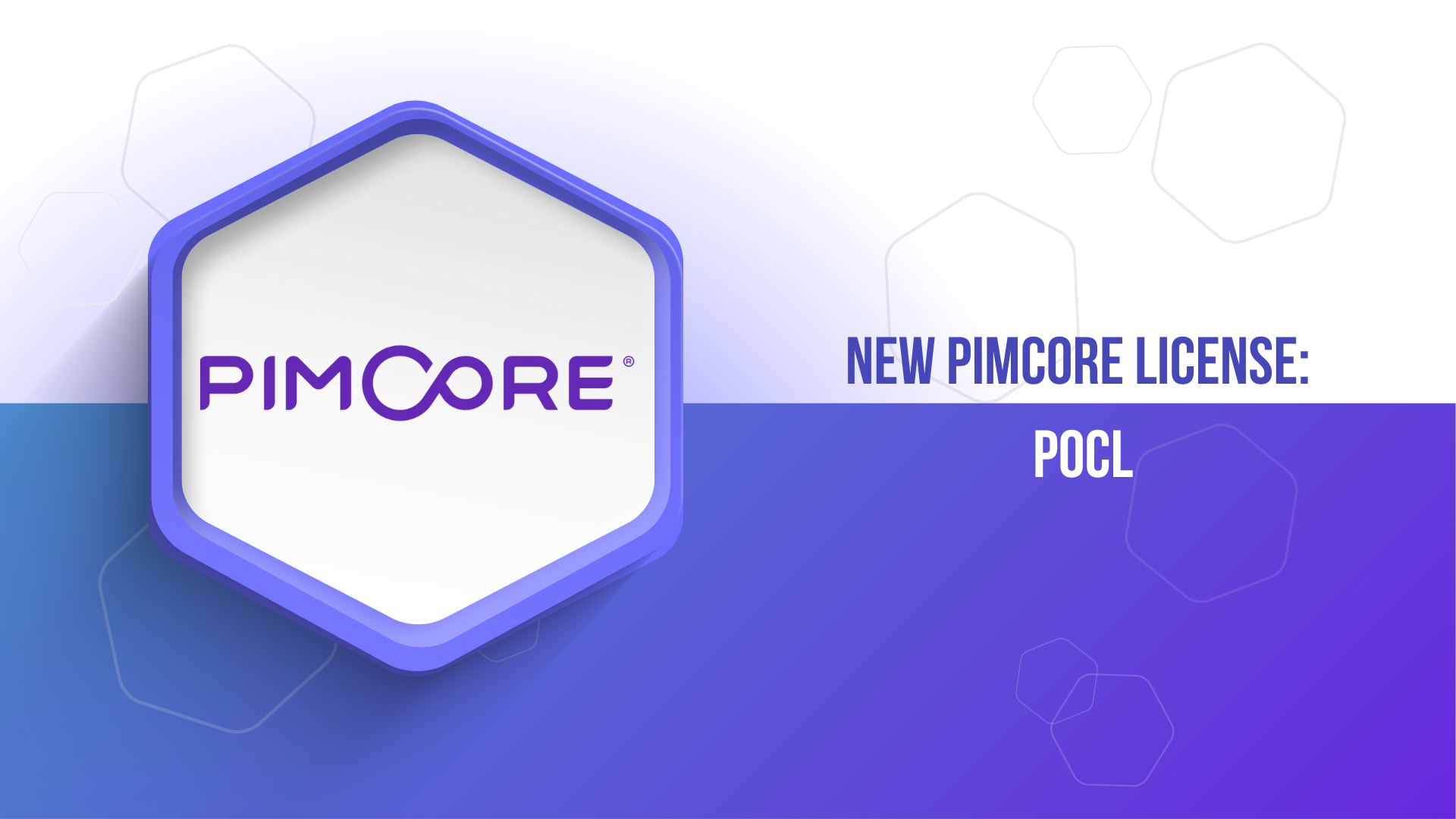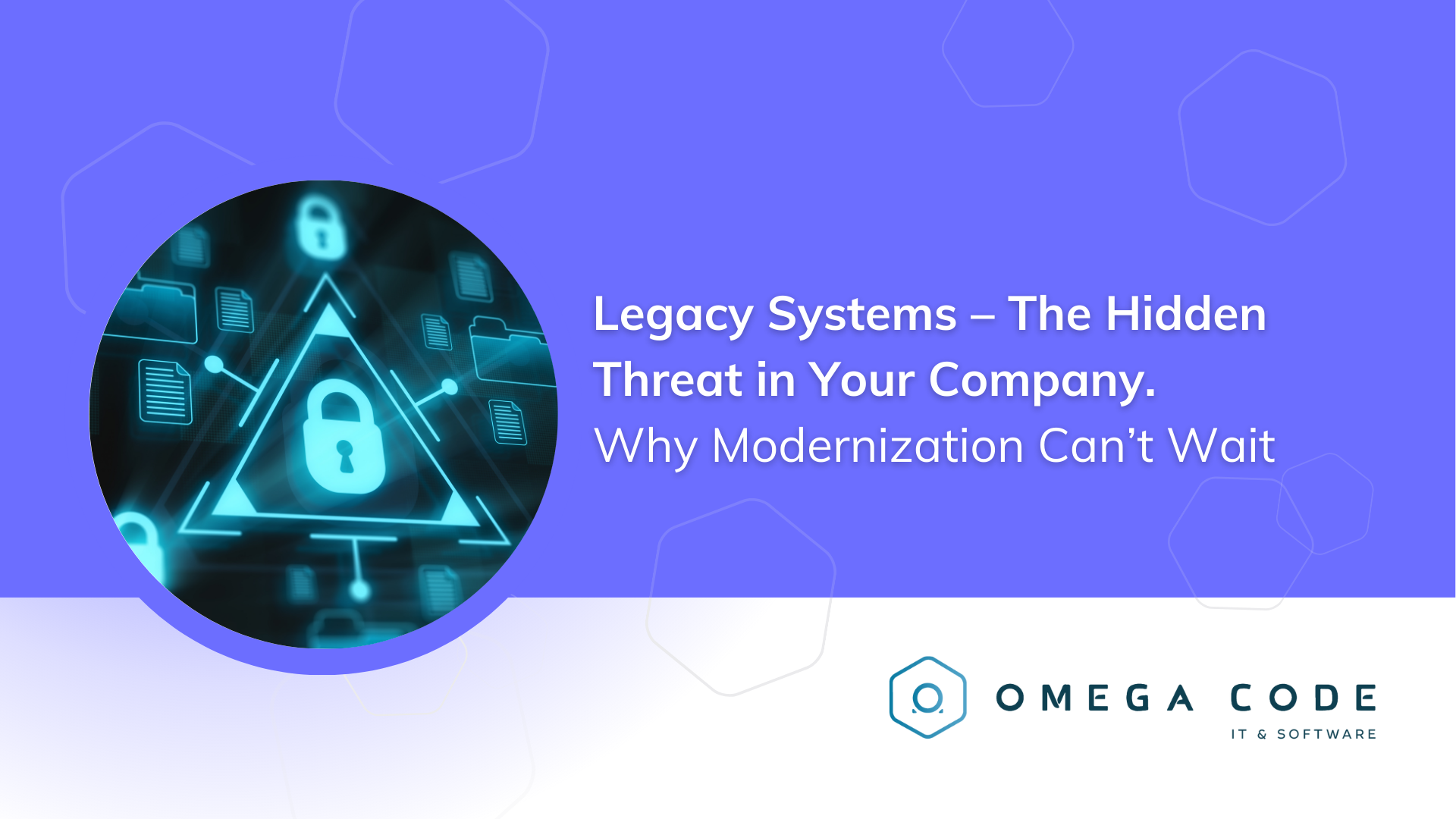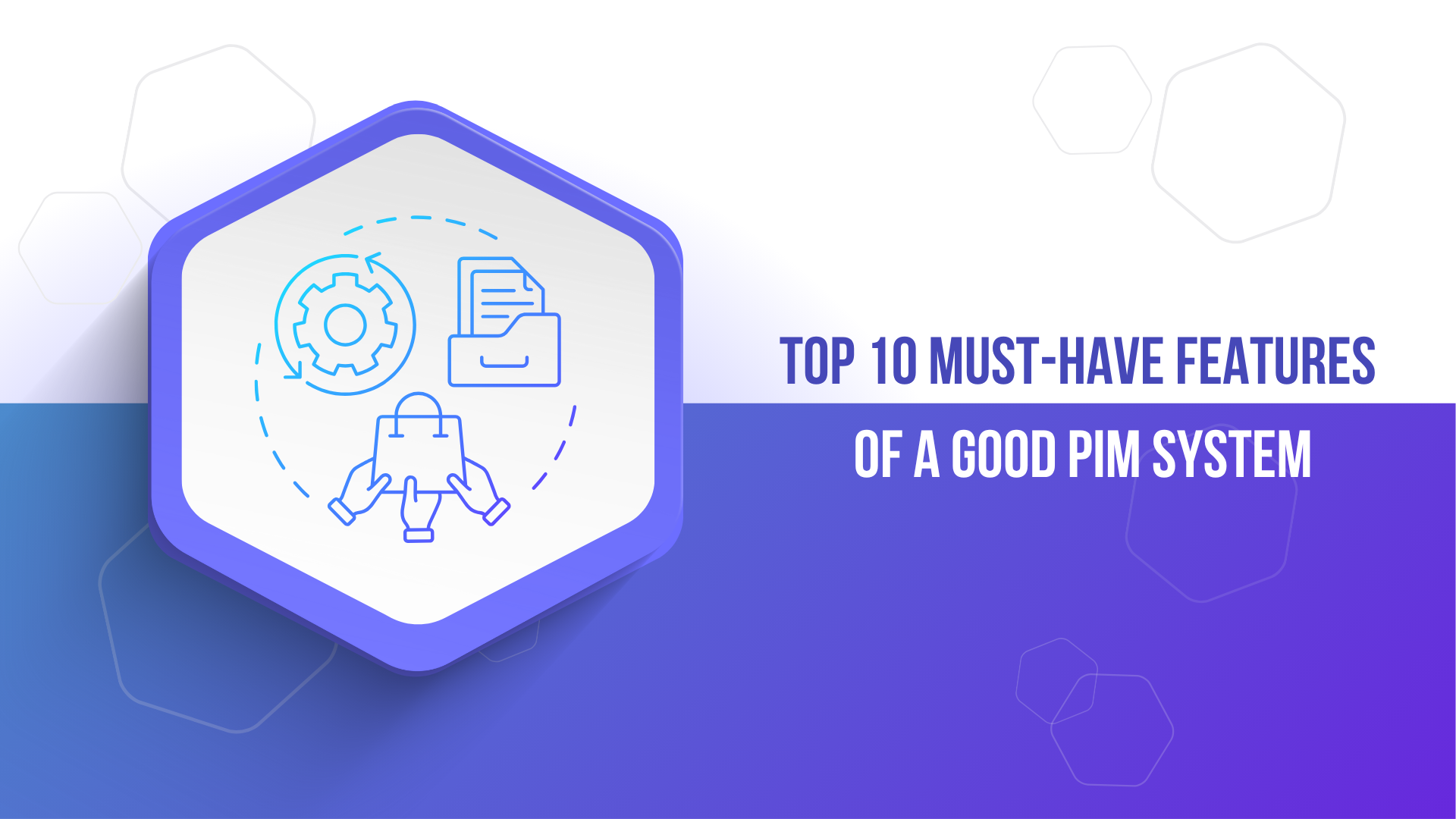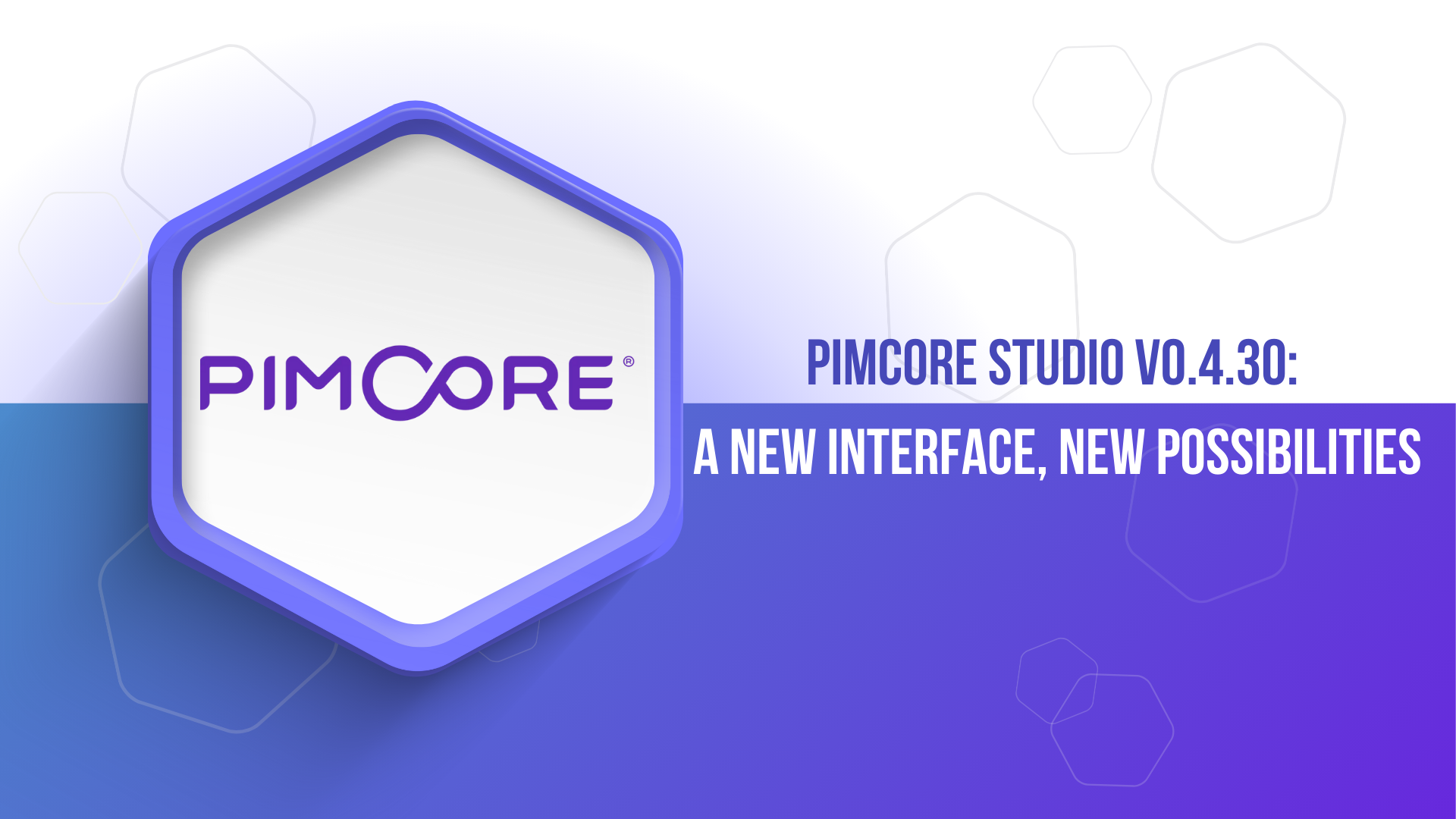The New POCL License – A Strategic Shift for Pimcore and Your Business Growth
The Pimcore POCL license brings more clarity and flexibility for your business. Find out what changes with the move away from GPLv3 and what it means for you.

At this year’s Pimcore Inspire 2025 conference in Salzburg, a major change was announced that is already resonating across the open-source and enterprise software landscape. Pimcore, a platform known for its openness and flexibility, is introducing a new license: the Pimcore Open Core License (POCL). This marks the end of the GPLv3 era for the Community Edition – and the beginning of a new chapter where openness aligns with legal clarity, regulatory compliance, and business scalability.
Why Was This Change Necessary?
For many years, GPLv3 served as the legal backbone of Pimcore’s openness. However, in today’s evolving corporate environment—where compliance, security, and licensing transparency are top priorities—its limitations became increasingly problematic for both users and implementation partners.
Key challenges of GPLv3 include:
-
Legal ambiguity that hinders compliance approval.
-
Risk of code “contamination” through copyleft obligations, potentially forcing disclosure of proprietary extensions.
-
Complex audit procedures and limitations in corporate client collaboration.
New regulations, such as the EU’s NIS2 Directive, have only intensified these concerns. Pimcore’s response is POCL—designed to offer legal clarity without sacrificing openness.
What Is the Pimcore Open Core License (POCL)?
POCL is a new hybrid license model, purpose-built for the needs of modern organizations. It bridges the principles of open source with commercial realities.
Key Features of POCL:
-
Full access to the Pimcore and Pimcore Studio source code.
-
Freedom to develop and commercialize extensions without mandatory disclosure.
-
Intellectual property protection—your custom code remains yours.
-
Restriction on offering Pimcore as a SaaS without a commercial OEM license.
-
A simple revenue threshold: companies with under €5M in annual turnover can use POCL at no cost.
It’s openness with no compromises—but clear rules of engagement.
Is Pimcore Still Open Source?
Yes—more than ever. The core elements of the Pimcore community model remain untouched:
-
GitHub repositories remain public and transparent.
-
Contributions, bug reports, and pull requests are still encouraged.
-
The Contributor License Agreement (CLA) model continues.
-
Community-driven development remains the foundation of the platform.
Only the legal framework is changing—with benefits for all stakeholders.
What If My Project Uses GPLv3?
For developers and partners with legacy GPLv3-based extensions, Pimcore has prepared a complete migration path. Key points:
-
You can relicense your code under POCL if you own the rights.
-
Dual licensing is supported—GPLv3 for ≤2024.4 versions and POCL for 2025.1+.
-
Codebases must remain separate—GPLv3 and POCL cannot be combined in a single deployment.
-
If using third-party GPL components, refactoring options or license change permissions are available.
For integrators and partners—like Omega Code—this shift brings huge relief. No more legal uncertainty, delayed approvals, or ambiguity in business models.
What Does This Mean for Clients?
With POCL, clients gain:
-
Legal confidence—clear boundaries, no surprises.
-
Faster implementation—compliance bottlenecks removed.
-
Greater flexibility—no need to open source proprietary modules.
-
Peace of mind—zero risk of unintentionally violating open-source obligations.
For early-stage companies, the entry barrier is low—POCL is free for smaller businesses, with a well-defined path for scaling and commercial use.
Summary: A Future That Brings More
The POCL shift is not a departure from openness—it’s its professional evolution. For tech companies, integrators, and clients alike, it represents a move toward greater transparency, legal security, and operational scale. For Omega Code, it’s a new tool to support our partners even more effectively in their digital transformation journeys.
If you're planning a Pimcore implementation, migrating to version 2025.1, or have questions about how POCL affects your IT landscape—get in touch. We’ll help you navigate the changes and seize the new opportunities.





